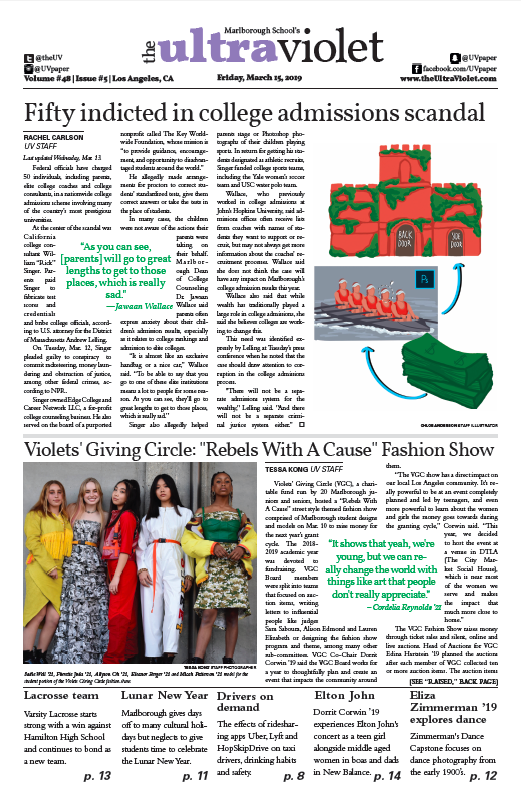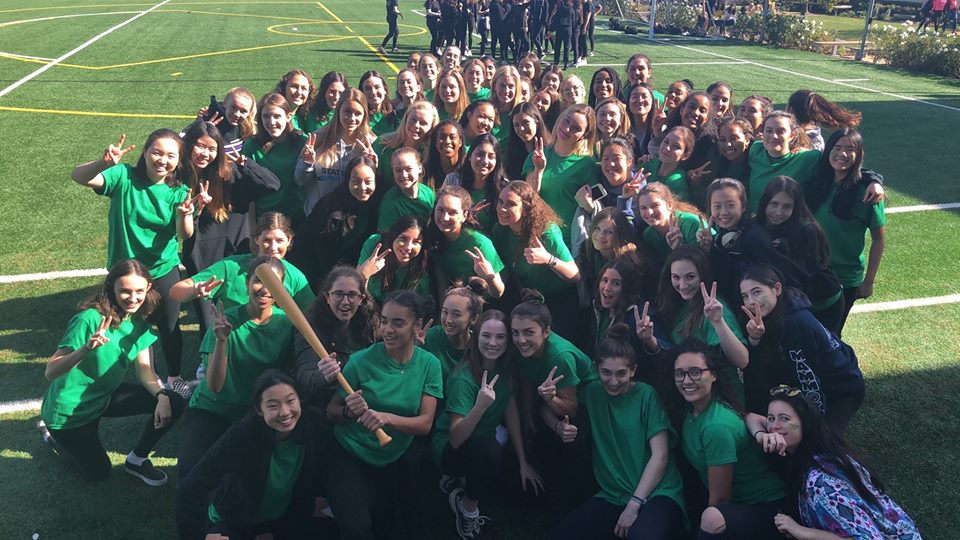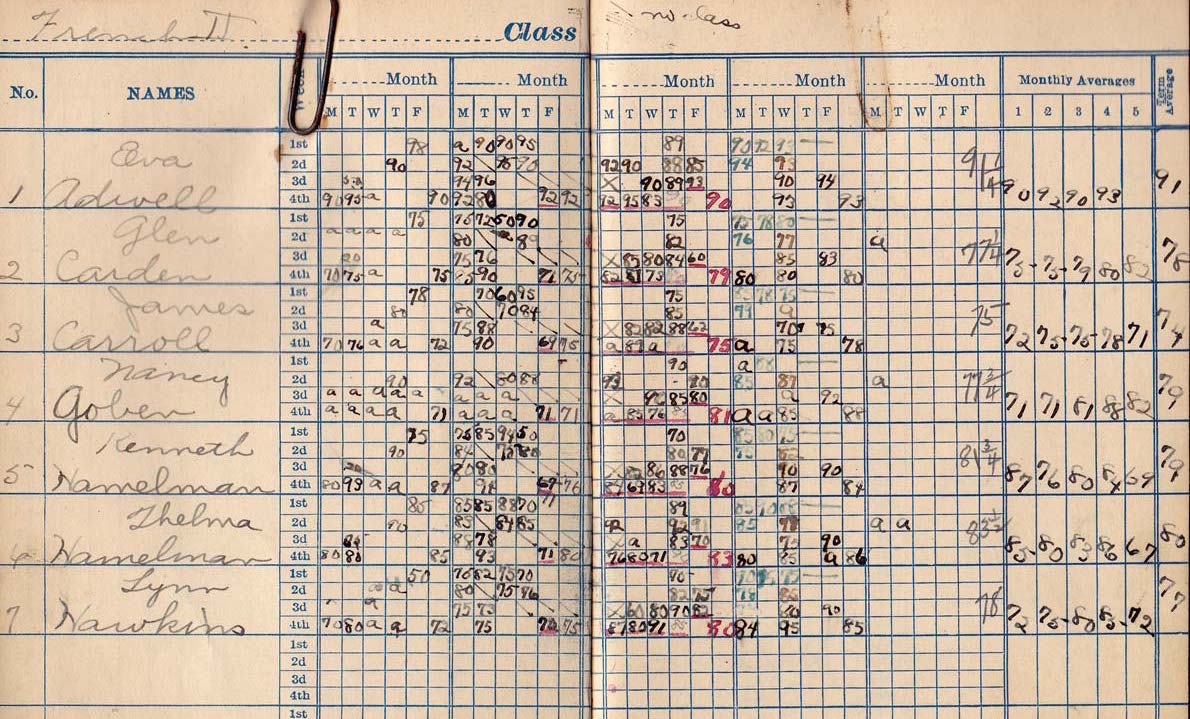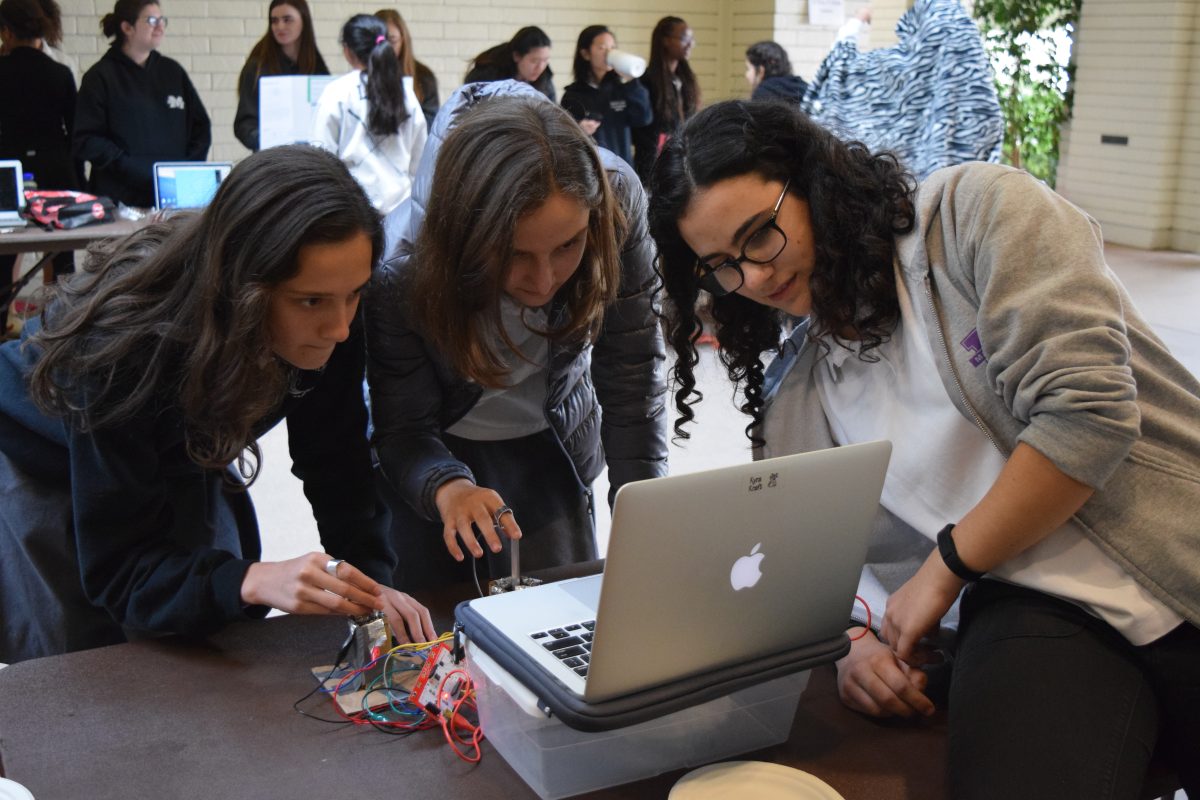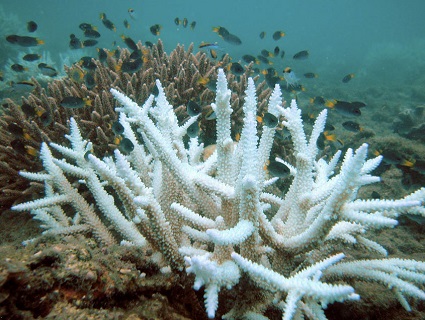
According to National Geographic, bleaching occurs when high ocean temperatures cause corals to become stressed and release zooxanthellae, an algae that produces food and color in corals.
According to the ARC Centre of Excellence for Coral Reef Studies at James Cook University, millions of corals, affected by disease and coral predators, died in the northern third of the Reef. The bleaching was most severe in the northern part of the Great Barrier Reef, whereas some reefs in the southern half avoided the worst of the bleachings and remained in good condition. However, coral predators such as snails have been feasting on the survivors throughout reefs in the north and south, reducing the number of corals even further.
According to Professor Terry Hughes, Director of the ARC Centre of Excellence for Coral Reef Studies, in May of 2016, 35% of the corals in 84 reefs in the Great Barrier Reef were dead or dying. In more recent studies, only 7% of the Great Barrier Reef has avoided the bleachings. Hughes also said that global warming has significantly contributed to the bleaching.
Dr. Greg Torda was a member of an ARC Centre of Excellence for Coral Reef Studies team in October 2016 who re-surveyed reefs around Lizard Island in the northern part of the reef, one of the places most affected by the bleaching.
“Millions of corals in the north of the Great Barrier Reef died quickly from heat stress in March and since then, many more have died more slowly,” Torda said.
According to National Geographic, in a “level-three” response to the bleachings, the Australian government has increased surveying of the Great Barrier Reef system. According to the ARC Centre of Excellence, the final coral death toll will not be known until all the surveys are completed.
If Marlborough students spread awareness about the harm of global warming on the Great Barrier Reef through social media or notifying our elected officials, we can make a change. If we support organizations that focus on creating awareness and saving the ocean, we can help save Great Barrier Reef so that it will be alive for future generations of both humans and animals to enjoy. To learn more or get involved, visit http://fightforthereef.org.au/ or http://reef.panda.org/.










